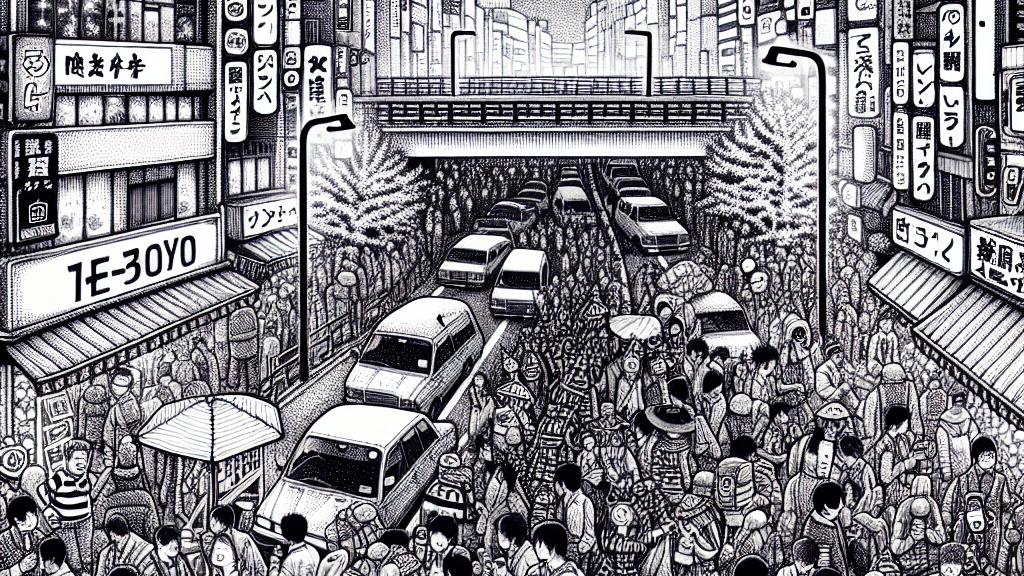Tokyo's Nightlife Faces Public Drinking Ban for Halloween
Overview
- The iconic districts of Shibuya and Shinjuku in Tokyo impose a public drinking ban this Halloween to enhance public safety.
- Concerns over increasing antisocial behavior and overtourism prompted local leaders to act decisively.
- Collaboration with law enforcement and community organizations will help enforce the ban and promote a festive yet safe atmosphere.

Understanding the Background of the Ban
As the vibrant Halloween season approaches, Tokyo is making headlines with a significant decision: a public drinking ban in its busiest nightlife hubs, Shibuya and Shinjuku. This initiative, spearheaded by mayors Ken Hasebe and Kenichi Yoshizumi, is an attempt to combat the surge in antisocial behavior that often accompanies large gatherings. For instance, previous Halloweens have attracted crowds of over a million people, turning streets into chaotic scenes heavily impacted by public intoxication. Mayor Hasebe stressed that public drinking leads to unwanted environmental damage, such as littering and excessive noise, which tarnish the reputation of these lively districts. Thus, this ban is a bold step toward creating a safer and more pleasant experience for both locals and tourists.
Community Reactions and Potential Impacts on Businesses
The public response has largely leaned toward support for the ban, as many residents express a desire for a cleaner, more orderly environment during festivities. However, not everyone is on board. Local bar owners have voiced concerns about how strict restrictions on street drinking could impact their livelihoods, especially in a culture that traditionally embraces social drinking during festivals. It's interesting to note that in Japan, drinking outdoors is usually associated with celebrations, like the hanami season when people enjoy cherry blossom viewings with their favorite drinks. The pivotal Halloween celebrations, however, present unique challenges that have prompted authorities to reassess these customs. As the city balances these competing interests, both revelers and businesses will need to adapt to this new landscape, ensuring that safety does not come at the cost of festive enjoyment.
A Broader Look at Drinking Regulations Worldwide
When we examine public drinking laws globally, the contrast with Japan’s approach becomes starkly evident. In many North American locations, strict regulations govern public alcohol consumption, prohibiting open containers outside designated areas. For example, while Quebec offers some leeway for outdoor drinking, much of Canada maintains prohibitions similar to many U.S. states. These differences underscore cultural variations in how alcohol is perceived and managed during public celebrations. As Tokyo navigates its own new regulations, it opens a conversation about the balance between tradition and public health. By implementing this ban, Tokyo showcases the importance of adapting to changing circumstances while still preserving the essence of its vibrant nightlife. Ultimately, this proactive approach not only prioritizes safety but also enhances the delicate interplay between local customs and the community's evolving needs.

Loading...